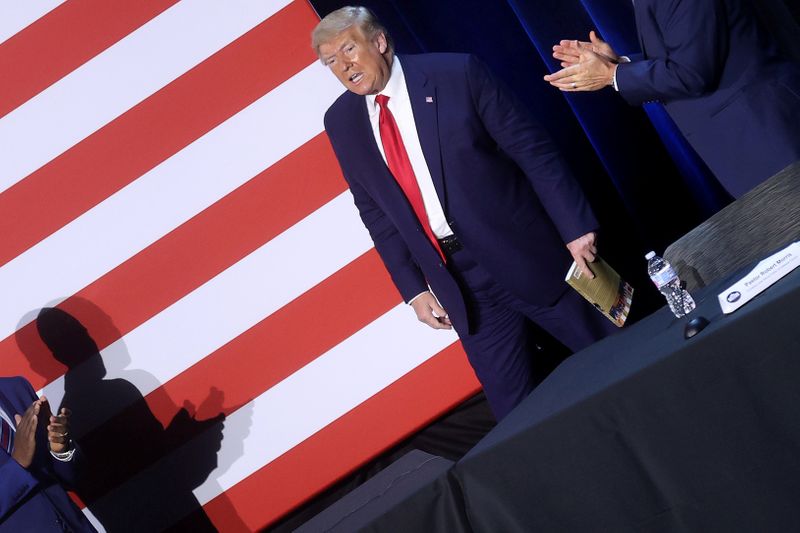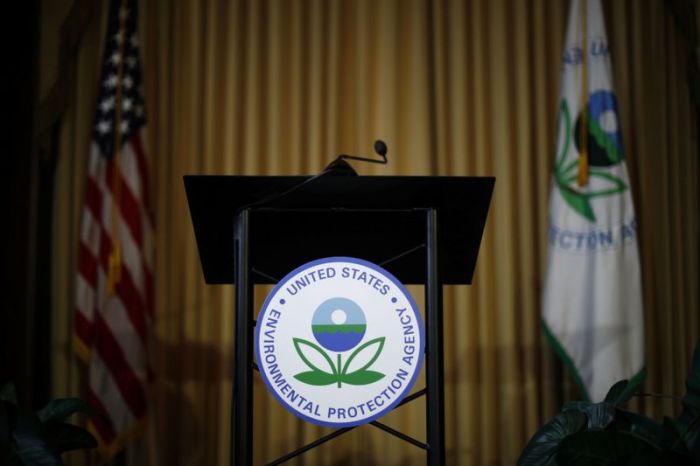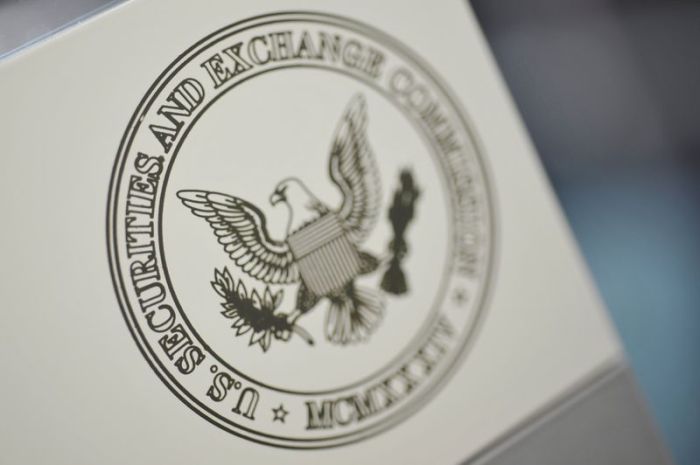WASHINGTON (Reuters) – The U.S. Supreme Court’s ruling stopping President Donald Trump from rescinding protections for “Dreamers” immigrants marked the second time in a year that he lost a major case because Chief Justice John Roberts faulted his administration for sloppiness in the policymaking process.
The conservative Roberts, joined by the court’s four liberal justices, decided on Thursday that the administration’s actions in crafting the immigration policy were “arbitrary and capricious” under a federal law called the Administrative Procedure Act.
The Deferred Action for Childhood Arrivals (DACA) program protects roughly 649,000 immigrants, mostly young Hispanic adults born in Mexico and other Latin American countries, from deportation and provides them work permits. [L1N2DV12V]
Thursday’s decision echoed a June 2019 ruling in which the court – Roberts again siding with the four liberal justices – faulted the administration’s plan to add a citizenship question to the 2020 U.S. census.
Roberts wrote then that the administration had violated the same law, concluding that the stated rationale for adding the question “seems to have been contrived.” Critics said the question was intended to dissuade immigrants from taking part in the decennial population count.
In both 5-4 rulings, Roberts split from his four fellow conservatives and ruled against the administration on technical legal process issues without judging whether the actual policy was lawful.
The rulings showed that Roberts, an appointee of Republican former President George W. Bush, is willing to push back against Trump. They also showed that in key instances Trump’s administration has been unable to craft high-profile policies that will stand up in court.
“Quite honestly, this is why we have had so many victories against this administration in court. They just refuse to follow the rules,” Xavier Becerra, California’s Democratic attorney general, told reporters. “They seem to be very impatient and they don’t believe the rules apply to them.”
Becerra, among those challenging the DACA rescission, pointed to another ruling issued on Wednesday by a different court. A California-based judge blocked Trump’s Department of Education from withholding federal coronavirus pandemic relief funds from students who do not qualify for financial aid.
Case Western Reserve University School of Law professor Jonathan Adler said that in some cases that Trump’s administration has lost, courts have adopted an “unduly rigorous standard” that makes it harder for the government to win. But, Adler added, “it’s also fair to say this administration has had its fair share of sloppy work.”
Trump’s administration has lost 79 out of 85 cases involving federal agencies on deregulatory or policy issues tracked by the Institute for Policy Integrity, a think tank connected to New York University School of Law.
Earthjustice, an environmental group that regularly sues the administration over regulatory issues, has said it has won 33 of 40 cases decided on the merits of the legal issues involved. In one of them, a judge blocked Trump’s attempt to open vast areas of the Arctic and Atlantic oceans to oil and gas leasing.
The Justice Department did not respond to a request seeking comment.
TRUMP VERSUS JUDGES
“Do you get the impression that the Supreme Court doesn’t like me?” Trump asked on Twitter on Thursday.
Trump has often criticized American courts and judges – and Roberts himself – for ruling against his policies. Roberts in November 2018 hit back at Trump after the president called a judge who ruled against one of the president’s immigration policies an “Obama judge.”
But Trump has also won a number of big cases, with victories over ending subsidy payments to health insurance companies, various deregulatory efforts and his the efforts toward a wall along the U.S.-Mexican border.
The Supreme Court has bailed him out in two major cases.
Lower courts found that his administration did not adequately explain why it was in the interests of the United States to implement Trump’s 2017 travel ban targeting people from several Muslim-majority countries, as required by federal immigration law. Lower courts also faulted the administration for failing to back up its policies to restrict transgender troops from the military.
The Supreme Court, in both instances, sided with the administration to allow the travel ban and the transgender military policy to take effect.
(This story corrects to add word “question” in fourth paragraph.)
(Reporting by Lawrence Hurley; Additional reporting by Andrew Chung, Jan Wolfe and Valerie Volcovici; Editing by Will Dunham)
























